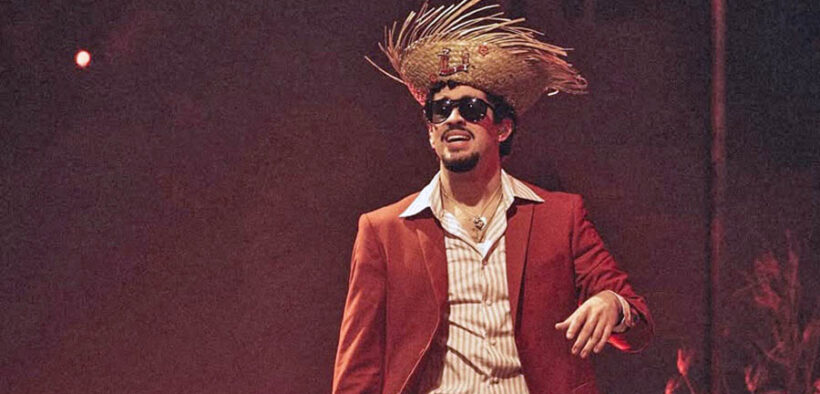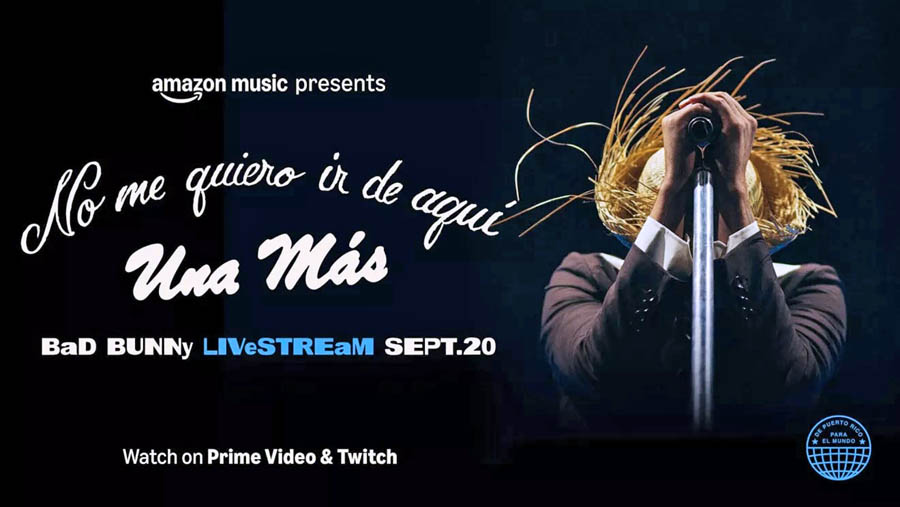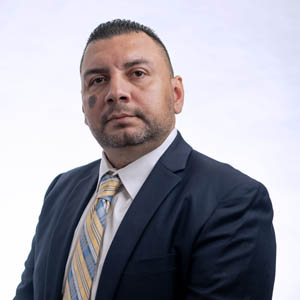‘Acho, el capitalismo es otra cosa’

Puerto Rico’s global stature owes much to Benito Antonio Martínez Ocasio — better known as Bad Bunny.
Rising from humble beginnings in a working-class neighborhood in Vega Baja, Puerto Rico, Bad Bunny’s journey from supermarket bagger to international music icon is extraordinary.
Beginning in 2013 by uploading songs on SoundCloud, he quickly broke language and cultural barriers to become a worldwide ambassador for Puerto Rican culture and identity, expanding his influence through music, fashion, film, sports entertainment and philanthropy.
His impact is measurable: Bad Bunny’s 30-show residency in Puerto Rico generated an estimated $200 million in direct economic activity, attracting more than half a million visitors during what is traditionally a slow tourism season.
This influx boosted local hotels, restaurants, retail businesses and service sectors, while amplifying Puerto Rico’s profile as a global cultural hub. This fusion of culture and commerce affirms the island’s capacity to project creativity onto the world stage.
Bad Bunny’s “No me quiero ir de aquí” residency at the Coliseo José Miguel Agrelot was more than a concert series — it was a dynamic example of cultural capitalism. By choosing to remain on the island rather than embark on a global tour, the artist turned the spotlight and spending onto Puerto Rico.
The residency generated ripple effects. Hotels, restaurants, transportation and local vendors all experienced surges in business.
A University of Puerto Rico study estimates that for every $1 million invested, nearly $2 million in economic activity was created alongside 21 new jobs. The residency contributed tens of millions in direct spending on lodging, food and transport, while districts like Santurce and Old San Juan recorded vibrant growth in their nighttime economies.
Partnerships that multiply impact
The residency culminates with “No me quiero ir de aquí: Una más,” a Sept. 20 concert to be produced in partnership with Amazon. Tickets are exclusively reserved for Puerto Rican residents to maintain local pride and ensure authenticity, and the event will be streamed live globally via Prime Video, Amazon Music and Twitch.
Amazon linked this concert to community efforts including supporting local farmers, amplifying small businesses through the “comPRa Local” program and investing in education and technology sectors. This partnership shows how cultural capital attracts corporate capital, creating value for both local communities and global markets.
Bad Bunny’s career extends far beyond music. His ventures include sneaker deals, streaming projects, film appearances, WWE debuts and fashion collaborations. His upcoming Amazon Prime series reportedly drew more than 250,000 new global subscribers. Such diversified success reflects savvy branding, disciplined market execution and a readiness to seize opportunity.
This is no accident. It requires ambition, strategy and rigorous execution — countering the prevalent narrative of victimhood often repeated about Puerto Rico. When talent meets open markets, possibilities multiply.

Breaking economic myths
Bad Bunny’s success dismantles several persistent myths about Puerto Rico’s economy. Contrary to the idea that Puerto Rico’s economy is captive or isolated, his residency illustrates how local culture can attract meaningful global capital flows, turning the island into a magnet for investment and economic dynamism.
It also challenges the notion that Puerto Rico’s political status defines opportunity; instead, his career shows that economic freedom and market access can thrive independently of ongoing status debates.
Finally, his story rebuts the belief that success is reserved for a privileged few. Rather, it emphasizes that while structural challenges exist, hard work remains crucial. Yet, success is not merely about opportunity — it demands honest self-assessment to avoid the victimhood mindset that undermines ambition.
Opportunities must be met with preparation, discipline and clear-eyed realism. Bad Bunny’s trajectory proves that opportunity exists, but seizing it requires personal accountability and strategic execution, not passively awaiting change.
Complaining about Puerto Rico’s political status may be common, but it is not an economic strategy. Bad Bunny’s brand is unapologetically Puerto Rican. His music, imagery and language celebrate the island’s identity, yet his success resonates globally. This is leverage, not exploitation.
Questions remain: Where are the leaders who drive economic growth like Bad Bunny? Until answered, his residency should serve as a blueprint: invest in culture, scale it and connect it to global markets.
Some may see Bad Bunny as a contradiction — criticizing systems while benefiting from them. Yet perhaps he is simply otra cosa. He need not proclaim capitalism in words — his career demonstrates its transformative power. His path validates what many in policy and business circles assert: Puerto Rico’s future lies not in dependency or endless political debate but in unleashing creativity, capital and opportunity.
Yes, “Acho, el capitalismo es otra cosa.” Bad Bunny, whether he embraces it openly or not, stands as capitalism’s most compelling proof on the island.

Author Antonio Santos has more than 30 years of experience in hospitality, service and tourism. In 2024, he ran for the Puerto Rico House of Representatives representing District 1 in San Juan under Proyecto Dignidad. Santos advocates for entrepreneurship and policies that emphasize small government and economic independence. He combines practical industry experience with a focus on sustainable growth and opportunity in Puerto Rico.




